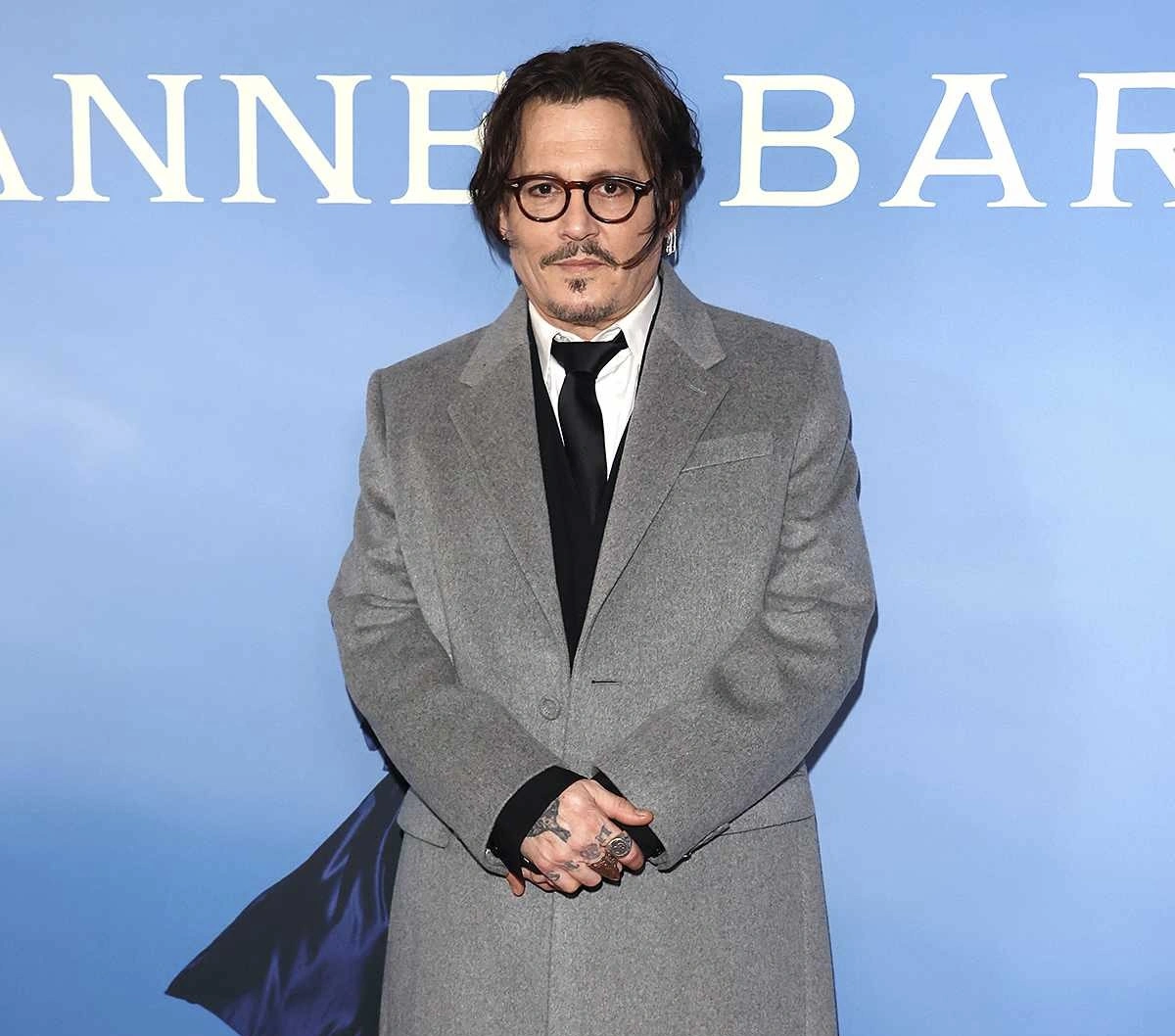In 1992, the cinematic landscape was graced with the release of “Deep Cover”, a crime thriller that dared to explore the shadowy and morally ambiguous world of undercover police work. Directed by Bill Duke and featuring a screenplay by Henry Bean and Michael Tolkin, “Deep Cover” is a film that offers more than just a tale of crime and justice. It delves into the complexities of identity, the psychological toll of deception, and the broader social implications of the war on drugs. Starring Laurence Fishburne as the central character, Russell Stevens, Jr., the film is a compelling examination of the fine line between law enforcement and criminality, making it a standout entry in the crime thriller genre.
Plot Overview and Setting
The story of “Deep Cover” centers on Russell Stevens, Jr., a Cincinnati-based police officer who is recruited by the federal government to infiltrate a Los Angeles drug trafficking ring. Stevens, played masterfully by Laurence Fishburne, adopts the undercover identity of John Hull, a drug dealer with ambitions to climb the ranks of the LA drug world. As Stevens descends deeper into his undercover persona, the line between his true self and the role he is playing becomes increasingly blurred.
The film is set against the backdrop of early 1990s Los Angeles, a city depicted as a sprawling urban landscape rife with corruption, violence, and despair. The war on drugs serves as the thematic foundation of the narrative, highlighting the societal decay that accompanies the illegal drug trade. Duke’s direction captures the gritty realism of the streets, offering viewers a stark and unflinching look at the consequences of the drug epidemic on both individuals and communities.
Character Study: Russell Stevens/John Hull
At the heart of “Deep Cover” is Laurence Fishburne’s portrayal of Russell Stevens, Jr., a character whose internal conflict drives much of the film’s tension. Stevens is a man burdened by the legacy of his father, a junkie who was killed by the police when Stevens was a child. Haunted by this traumatic event, Stevens has dedicated his life to upholding the law, determined not to follow in his father’s footsteps. However, as he becomes more entrenched in his undercover role as John Hull, Stevens finds himself slipping into the very world he despises.
Fishburne’s performance is nothing short of remarkable. He brings to life the complexity of a man who is constantly at odds with himself, torn between his duty as a police officer and the seductive power that comes with his newfound criminal identity. The transformation from Russell Stevens to John Hull is gradual and nuanced, with Fishburne skillfully conveying the psychological deterioration of a man who has lost sight of who he really is.
The duality of Stevens’ character is further emphasized through his relationships with other characters in the film. His interactions with his federal handler, played by Charles Martin Smith, highlight the moral compromises that Stevens is forced to make in his quest to bring down the drug ring. Meanwhile, his partnership with David Jason, a flamboyant and morally bankrupt lawyer played by Jeff Goldblum, serves as a stark contrast to Stevens’ internal struggle. Jason represents the dark allure of the criminal underworld, a world that Stevens becomes increasingly drawn to as the film progresses.
Themes and Social Commentary
“Deep Cover” is more than just a crime thriller; it is a film that grapples with weighty themes and social commentary. At its core, the film is a meditation on the nature of identity and the psychological toll of living a lie. Stevens’ descent into the persona of John Hull serves as a metaphor for the corrupting influence of power and the moral ambiguity that often accompanies law enforcement.
The film also offers a scathing critique of the war on drugs, a campaign that was at its peak during the early 1990s. Through its portrayal of the drug trade, “Deep Cover” exposes the futility of a system that often punishes the marginalized while allowing those in power to profit from the suffering of others. The film suggests that the war on drugs is not about justice, but about control and exploitation.
One of the most powerful scenes in the film involves Stevens confronting the moral hypocrisy of his mission. When asked by his handler why he is so determined to bring down the drug ring, Stevens responds with a question of his own: “What’s the difference between a black man and a n****r?” The question is pointed, forcing both the characters and the audience to confront the systemic racism that underlies the war on drugs. Stevens’ realization that he is being used as a pawn in a larger game is a turning point in the film, marking the moment when he begins to question the very nature of the justice he is supposed to be upholding.
Jeff Goldblum: The Perfect Antagonist
While Fishburne’s portrayal of Russell Stevens/John Hull is the film’s emotional anchor, Jeff Goldblum’s performance as David Jason provides a counterbalance that is both unsettling and compelling. Goldblum’s character is a successful lawyer who moonlights as a drug dealer, embodying the moral decay that *Deep Cover* seeks to expose. His character is a study in contrasts—charming yet ruthless, intelligent yet reckless. Goldblum brings a sense of unpredictability to the role, making Jason a wild card whose actions keep both Stevens and the audience on edge.
The dynamic between Stevens and Jason is one of the film’s most intriguing aspects. As Stevens goes deeper into his undercover role, he forms an uneasy alliance with Jason, who becomes both a mentor and a rival. Their relationship is marked by a sense of mutual respect and distrust, with each man recognizing in the other the potential for betrayal. Goldblum’s portrayal of Jason as a man who revels in his own depravity adds a layer of complexity to the film, turning what could have been a standard villain into a character who is as fascinating as he is repulsive.
The Psychological Impression of Undercover Work
One of the central themes of “Deep Cover” is the psychological toll that undercover work takes on those who engage in it. The film does not shy away from depicting the emotional and mental strain that comes with living a double life. As Stevens becomes more enmeshed in his role as John Hull, he begins to lose touch with his true self, leading to a crisis of identity that threatens to consume him.
This theme is explored through the gradual erosion of Stevens’ moral compass. At the beginning of the film, Stevens is a man of principle, driven by a desire to do what is right. However, as he becomes more involved in the drug trade, he finds himself making compromises that he never thought possible. The film suggests that the act of deception, even when done for a noble cause, can have devastating consequences on the human psyche.
The psychological impact of undercover work is also reflected in the film’s visual style. Director Bill Duke uses a combination of stark lighting, shadowy cinematography, and disorienting camera angles to create a sense of unease and dislocation. The film’s aesthetic mirrors the internal chaos that Stevens experiences as he navigates the treacherous waters of his dual identity. The use of darkness and shadow serves as a visual metaphor for the moral ambiguity that lies at the heart of the film, emphasizing the idea that the line between good and evil is often blurred.
Critical Reception and Legacy
Upon its release, “Deep Cover” received praise for its intense and thought-provoking themes, as well as the performances of its lead actors. Laurence Fishburne’s portrayal of Russell Stevens was widely regarded as one of the film’s highlights, with critics lauding his ability to convey the inner turmoil of a man caught between two worlds. Jeff Goldblum’s performance was also met with acclaim, with many noting his ability to bring a sense of “off-balance craziness” to the role of David Jason.
The film’s exploration of the ethical dilemmas surrounding the war on drugs resonated with audiences and critics alike, cementing its place as an important entry in the crime thriller genre. “Deep Cover” stands out not only for its gripping narrative but also for its willingness to engage with complex social issues. The film’s portrayal of the drug trade as a corrupt and exploitative system continues to be relevant, serving as a poignant reminder of the human cost of the war on drugs.
In retrospect, “Deep Cover” is a film that has aged remarkably well. Its themes of identity, power, and moral ambiguity remain as compelling today as they were in 1992. The film’s critique of the war on drugs is as timely as ever, offering a sobering reflection on the failures of a system that has caused more harm than good. Moreover, the film’s exploration of the psychological toll of undercover work adds depth to the narrative, elevating it beyond the typical crime thriller.
”Deep Cover” is a film that defies easy categorization. It is a crime thriller, but it is also a character study, a social commentary, and a psychological drama. Through its exploration of the dark and dangerous world of undercover police work, the film offers a nuanced and unflinching look at the complexities of identity and the moral compromises that often accompany the pursuit of justice.
Laurence Fishburne’s performance as Russell Stevens/John Hull is a tour de force, capturing the internal conflict of a man who is slowly losing himself to the role he is playing. Jeff Goldblum’s portrayal of David Jason adds a layer of unpredictability to the film, making “Deep Cover” a gripping and suspenseful experience from start to finish.
Ultimately, “Deep Cover” is a film that challenges viewers to question the nature of justice and the cost of achieving it. It is a powerful reminder that the line between right and wrong is not always clear, and that the pursuit of truth can sometimes lead us down the darkest of paths.
No comments yet.








